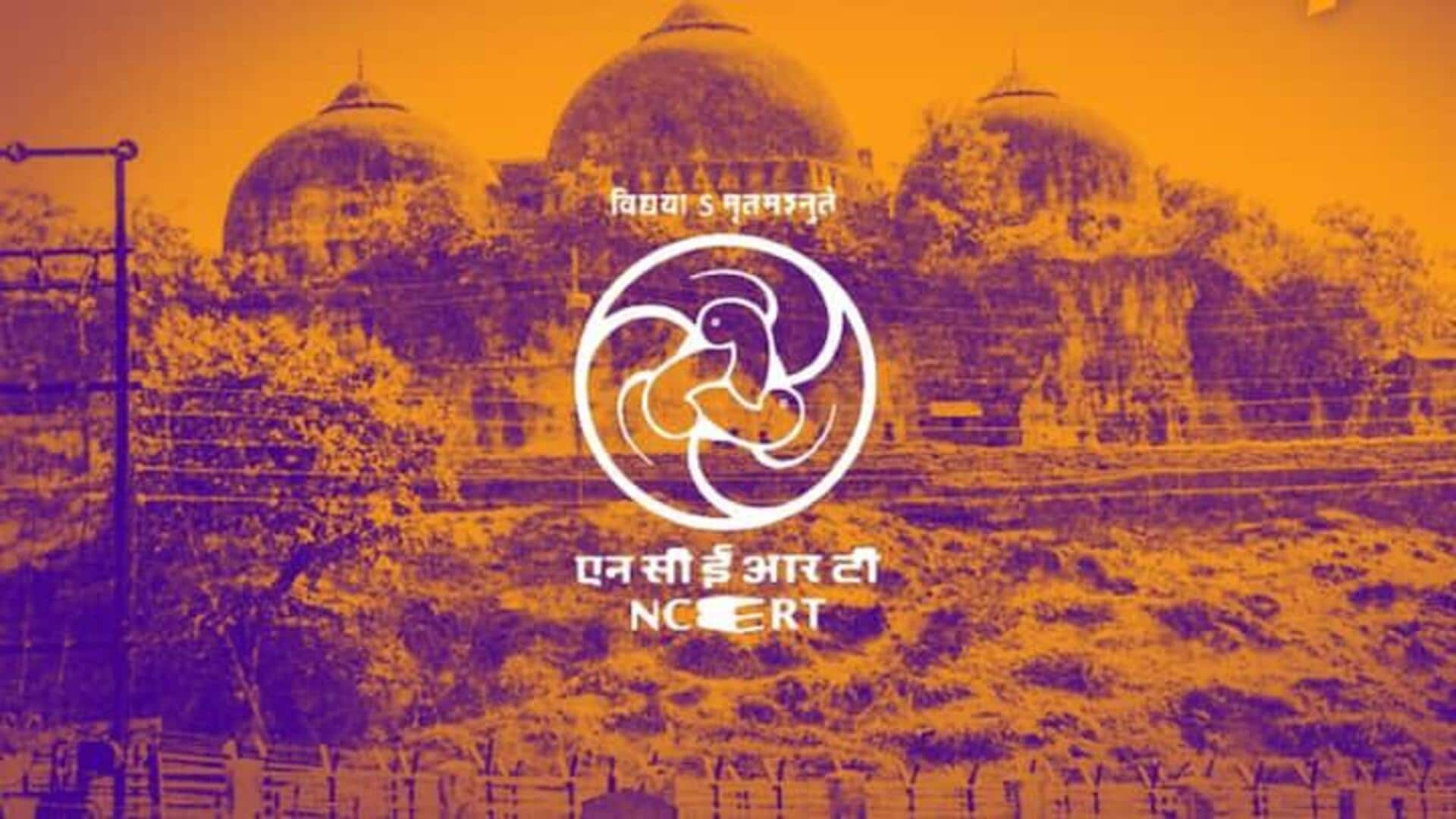
NCERT chief defends textbook revisions, rejects accusations of saffronization
What's the story
Dinesh Prasad Saklani, the director of the National Council of Educational Research and Training (NCERT), has responded to allegations of saffronization in its textbooks. He explained that references to events like the Gujarat riots and the Babri Masjid demolition were revised to avoid fostering violent or depressed citizens. "We want to create positive citizens not violent and depressed individuals," Saklani stated, dismissing claims of saffronization.
Policy alignment
NCERT's textbook revision in line with National Education Policy
"Should we teach our students in a manner that they become offensive, create hatred in society or become victim of hatred? Is that education's purpose? Should we teach about riots to such young children... when they grow up, they can learn about it, but why school textbooks," he told PTI editors. "Let them understand what happened and why it happened when they grow up. The hue and cry about the changes is irrelevant," he added.
Saffronization
NCERT chief addresses allegations of saffronization
Regarding allegations of saffronization, he said, "If something has become irrelevant, it'll have to be changed. I don't see any saffronization here. We teach history so students know about facts, not to make it a battleground." He also questioned how teaching students the Indian knowledge system could be considered saffronization. "If we are talking about the iron pillar in Mehrauli and saying Indians were way ahead of any metallurgical scientist, are we wrong? How can it be saffronization?" he asked.
Content changes
Revised textbooks focus on Supreme Court judgment
The revised Class 12 political science textbook no longer mentions the Babri masjid, referring to it instead as a "three-domed structure." The focus has instead shifted to the Supreme Court judgment that allowed for Ram temple construction at the site. Saklani defended these changes, stating that if the Supreme Court has given a verdict, it should be included in textbooks. He emphasized their duty to include both ancient and recent developments.
Curriculum update
Several topics dropped or tweaked in textbook revisions
Numerous topics have been either dropped or modified in the textbooks, including a table detailing the achievements of Mughal emperors. Saklani explained that these changes were made because some subjects were irrelevant, while others needed updating with new information. He also mentioned that several topics were removed earlier to reduce student burden during the COVID-19 pandemic and to avoid content duplication. The NCERT is currently updating school textbooks as per the National Education Policy (NEP) 2020.